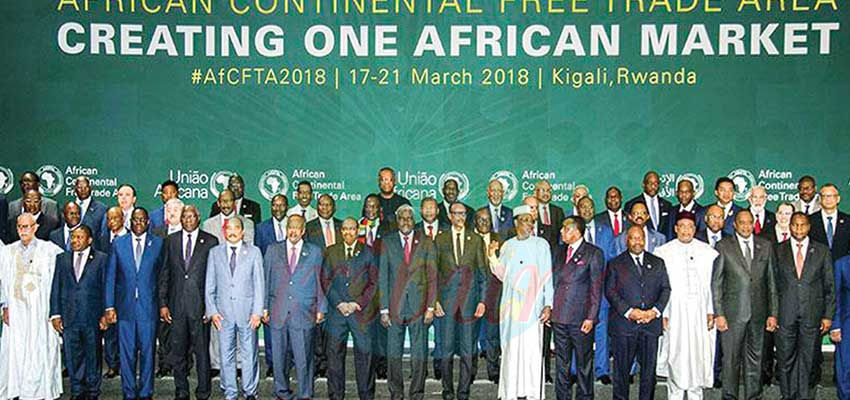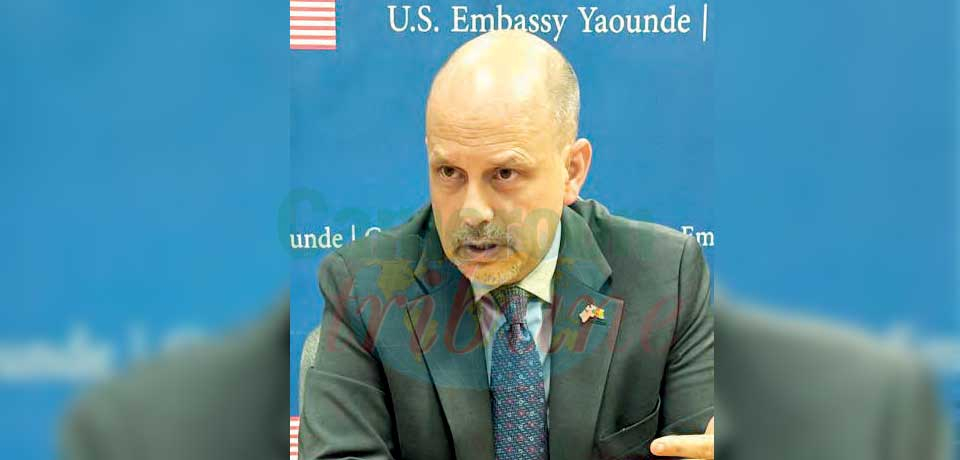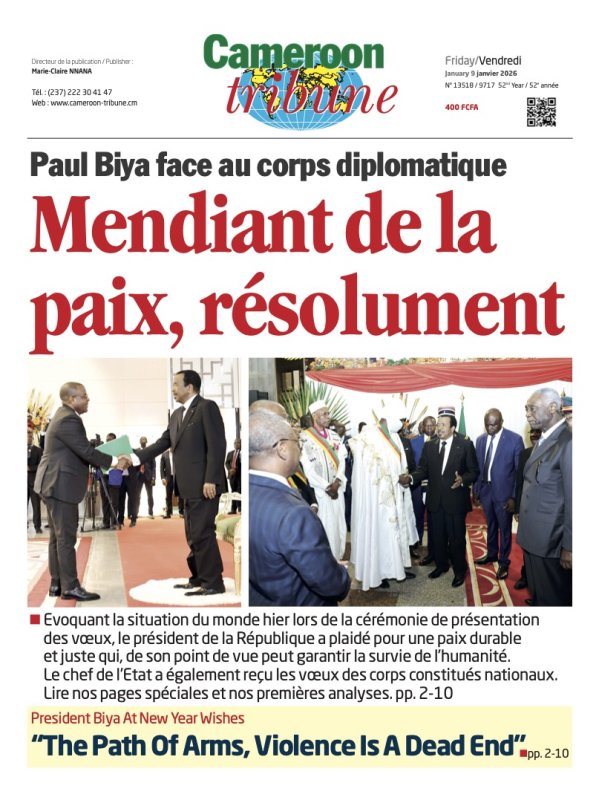Continental Free Trade Zone : Giant Step Towards Economic Sustainability
- Par Eldickson Agbortogo
- 30 Dec 2020 12:59
- 0 Likes

If fully implemented the African continent would becoming the world trade hub.
The African Continental Free Trade (AfCFTA), is a free trade area. It was created by the African Continental Free Trade Agreement among 54 of the 55 African Union Countries. The free-trade area is the largest in the world in terms of the number of participating countries since the formation of the World Trade Organization (WTO). Accra, Ghana serves as the Secretariat of AfCFTA and was commissioned and handed over to the AU on August 17, 2020 in Accra.
The AfCFTA landmark agreement, which was expected to be fully operational in 2020, has the potential to create a continental free-trade zone with a combined Gross Domestic Product (GDP) of USD$3.4 trillion, according to the African Union (AU). This trade agreement, if fully implemented, would become the largest in the world. The AfCFTA is one of the ?ag-ship projects of the First Ten-Year Implementation Plan (2014-2023) under the AU’s Agenda 2063.
Though The AfCFTA emphasizes on the reduction of tariffs and non-tariff barriers, the facilitation of free movement of people and labor, right of residence, right of establishment, and investment, creation of a single market, deepening the economic integration of the continent, establish a liberalized market through multiple rounds of negotiations, inclusive socio-economic development, gender equality and structural transformations within member states, enhance competitiveness of member states within Africa and in the global market and encourage industrial development through diversification, the hype around the AfCFTA’s agenda could experience a boomerang effect if negotiations on some protocols and annexes become protracted. Despite its extensive propagation by the AU leadership, some experts have cautioned against the way ahead for the AfCFTA.
Their fear emanates from the fact that some member nations of the African Union vary in their preparedness to execute the requirements of the agreement and its related protocols and annexes. It is also a fact that in order for the AfCFTA to thrive, the continent needs to address the existing annual infrastructur...
Cet article complet est réservé aux abonnés
Déjà abonné ? Identifiez-vous >
Accédez en illimité à Cameroon Tribune Digital à partir de 26250 FCFA
Je M'abonne1 minute suffit pour vous abonner à Cameroon Tribune Digital !
- Votre numéro spécial cameroon-tribune en version numérique
- Des encarts
- Des appels d'offres exclusives
- D'avant-première (accès 24h avant la publication)
- Des éditions consultables sur tous supports (smartphone, tablettes, PC)














Commentaires